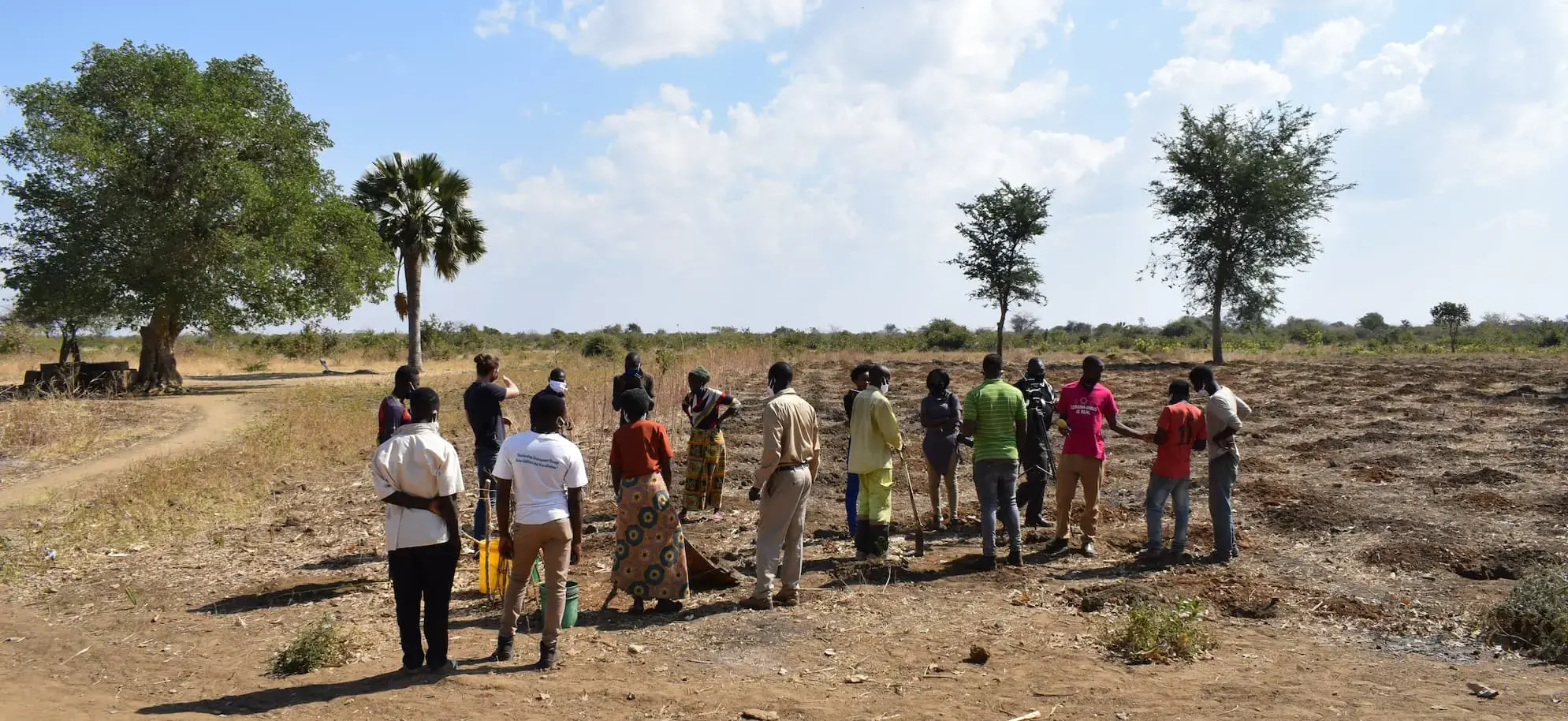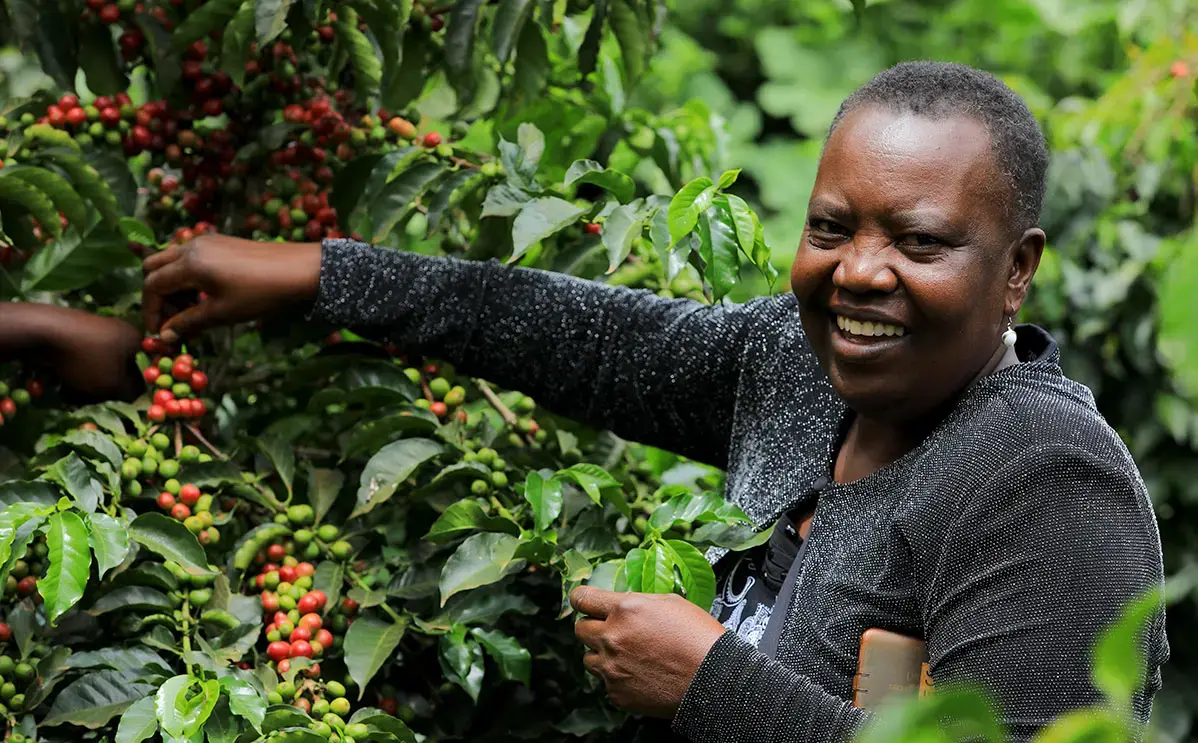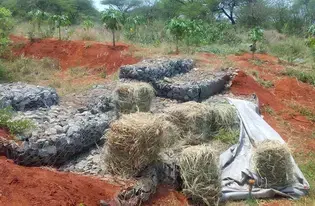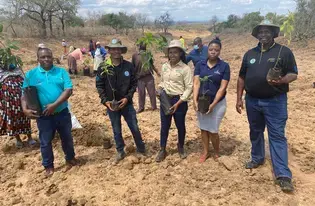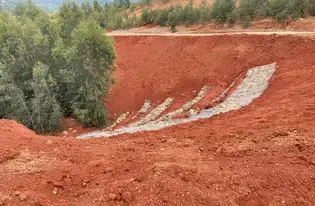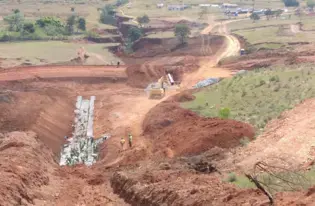Their ‘why’ revolves around sustainability. Solidaridad came to life with a vision of providing solutions that promote sustainability, productivity and social responsibility.
Solidaridad is an international civil society organization, founded in 1969, that promotes sustainability by facilitating socially responsible, ecologically sound, and profitable supply chains. With over 50 years of experience, the organization operates in more than 50 countries under three sustainability pillars: inclusivity, environmental respect, and balance with nature and prosperity.
Solidaridad's work empowers smallholder farmers and workers to earn a decent income, shape their own future, and produce crops in harmony with nature, making them more resilient to the effects of climate change.
The organization received grant funding through TerraFund for AFR100, an initiative of World Resources Institute, One Tree Planted, and Realize Impact that finances Africa's top restoration enterprises and projects, to encourage smallholder farmers in Uganda to adopt agroforestry techniques and receive carbon credit payments from their work.
In Western Uganda’s Kyenjojo and Kabarole districts, tea cultivation has led to the destruction of natural landscapes and ecosystems as farmers require large amounts of land. Solidaridad is working to bridge this gap and enable socially responsible tea cultivation while restoring the environment. The challenge -- and the solution -- lie with smallholders. The organization has started working with 1,000 farmers who cultivate tea on approximately 1.2 hectares of land each. The organization offers some training sessions to farmers to help them learn how to set up nurseries for sustainable tree planting.
“We have partnered with Mabale Tea Growers Factory and Mpanga Growers Tea Factory to access their already existing monitoring systems. We are also collaborating with the Tooro Botanical Gardens to conduct awareness training for farmers on natural resources management. Our collaborative efforts aim to empower communities to become effective stewards of their environment and optimize the use of their resources,” shared Alex Amanya, Project Manager in charge of tea projects in Uganda and Kenya.
The project aims to plant 415,000 trees, with 100,000 planted in Uganda and 315,000 planted in Zambia, within a period of three years. Farmers will monitor and track the growth of the seedlings, creating a sense of ownership in the reforestation process.
